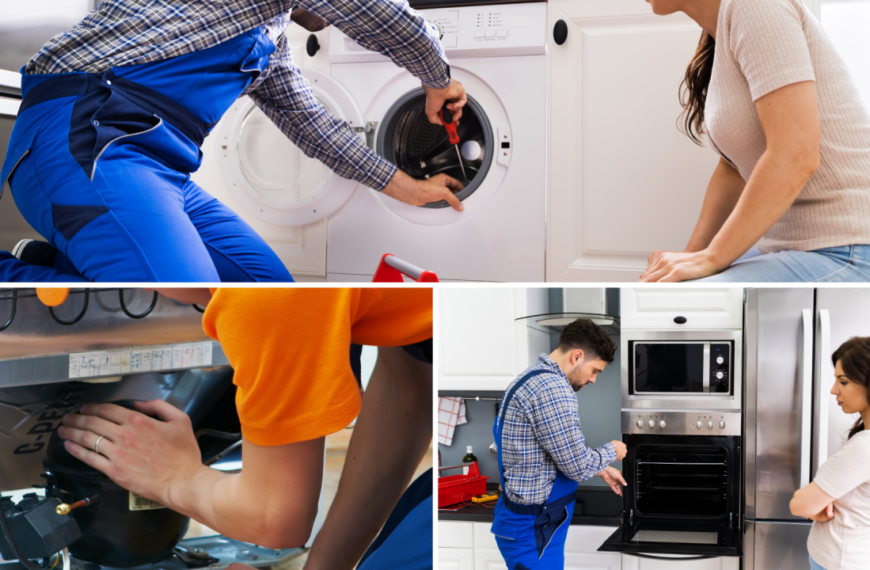| A: Poor steering control | B: Accelerating around bends | C: Harsh braking and accelerating | D: Staying in high gears |
Understanding Fuel Consumption: Key Factors to Consider
Fuel consumption is a critical issue for many drivers because it directly affects both their wallets and the environment. The make and model of a vehicle heavily influence its fuel efficiency. Smaller cars or hybrids tend to use less fuel, while heavier vehicles such as SUVs consume more. Driving habits are another significant factor. Harsh acceleration and braking can increase fuel usage, as the engine works harder to cope with abrupt changes. In addition, environmental conditions, such as driving in hilly or extreme temperature areas, also play a role.
Why Fuel Efficiency Matters
- Smaller vehicles are generally more fuel-efficient.
- Larger vehicles like SUVs use more fuel.
- Harsh acceleration and braking force the engine to work harder.
- Extreme conditions such as heat, cold, and hilly terrains can negatively affect fuel economy.
Common Misconceptions About High Fuel Consumption
- It’s not just the car that affects fuel consumption, but also how it’s driven.
- Air conditioning isn’t always a major culprit unless used excessively.
- Overloading a vehicle doesn’t only increase strain but also fuel usage.
- Short trips can be just as fuel-hungry as long drives due to frequent starts and stops.
What Is the Most Likely to Increase Fuel Consumption?
The most likely factor to increase fuel consumption is harsh braking and rapid acceleration. These driving habits force the engine to work harder, leading to more fuel being burned. Sudden stops and starts waste a significant amount of energy, particularly in urban areas with frequent traffic. Another major cause is speeding and high RPMs. Cars are most fuel-efficient when traveling at steady, moderate speeds. Driving over 60 mph can reduce fuel efficiency by up to 15%. Overloading the vehicle also increases fuel consumption as the engine has to work harder to move the extra weight.
Harsh Braking and Accelerating
- Frequent stop-and-go traffic increases fuel consumption.
- Rapid acceleration makes the engine burn more fuel.
- Sudden braking wastes the energy needed to get the vehicle back up to speed.
- Smooth driving techniques help reduce fuel consumption by maintaining steady speed.
Speeding and High RPMs
- Driving above 60 mph significantly reduces fuel efficiency.
- High RPMs cause the engine to burn more fuel.
- Maintaining moderate speeds helps improve fuel economy.
- Cruise control can help maintain fuel-efficient driving on highways.
Overloading the Vehicle
- Extra weight forces the engine to use more fuel.
- Clearing out unnecessary items from the vehicle lightens the load.
- Roof racks and carriers increase drag, leading to higher fuel consumption.
- Maintaining a lighter vehicle contributes to better fuel efficiency.
What Is the Main Cause of High Fuel Consumption?

The main cause of high fuel consumption is typically poor vehicle maintenance. Regular upkeep is essential for a fuel-efficient car. For example, under-inflated tires increase rolling resistance, making the engine work harder and use more fuel. Additionally, dirty air filters restrict airflow to the engine, causing it to burn more fuel. Using the correct engine oil and keeping it well-lubricated ensures the engine runs smoothly and doesn’t strain. Ignoring these routine maintenance tasks can result in excessive fuel usage over time.
Poor Vehicle Maintenance
- Under-inflated tires increase rolling resistance.
- Dirty air filters reduce engine efficiency and increase fuel consumption.
- Incorrect engine oil can lead to higher friction, making the engine work harder.
- Regular maintenance helps prevent unnecessary fuel use and improves efficiency.
Driving in the Wrong Gear
- Low gears increase engine revs and burn more fuel.
- Higher gears are more fuel-efficient at appropriate speeds.
- Manual transmission drivers should shift gears smoothly to optimize fuel usage.
- Automatic cars also need to avoid high revs for better fuel efficiency.
Use of Air Conditioning and Other Accessories
- Air conditioning uses additional energy and increases fuel consumption.
- Heated seats and other electronic features also draw from the engine’s power.
- Using ventilation instead of air conditioning on cooler days can save fuel.
- Turning off unused electronics in the car reduces the engine’s workload.
Which Is Likely to Cause an Increase in Fuel Consumption?
Several factors are likely to cause an increase in fuel consumption, and traffic and stop-and-go driving are at the top of the list. Urban driving often involves frequent stops at traffic lights or congestion, which leads to inefficient fuel use. In contrast, driving at steady speeds on highways is generally more fuel-efficient. Short trips are also a culprit, as starting a cold engine uses more fuel until it warms up. Comparatively, long drives on the highway can be more efficient, especially at moderate speeds.
Traffic and Stop-and-Go Driving
- Stop-and-go traffic wastes fuel due to constant acceleration and deceleration.
- Idling at traffic lights increases fuel consumption unnecessarily.
- City driving is less fuel-efficient compared to highway driving.
- Avoiding rush hour and planning routes carefully can help reduce fuel use.
Short Trips vs. Long Drives
- Short trips force the engine to use more fuel while warming up.
- Frequent stops on short trips contribute to higher fuel consumption.
- Long drives on highways at a steady speed are more fuel-efficient.
- Combining errands into one trip can help reduce the number of short drives.
You Also Like It:
When traffic lights are out of order, who has priority?
When may you stop and wait in a box junction?
What style of driving causes increased risk to everyone?
How Do I Fix High Fuel Consumption?
There are several effective ways to fix high fuel consumption, starting with adopting fuel-efficient driving techniques. Smooth acceleration and braking can drastically reduce how much fuel the engine uses. Regular vehicle maintenance is also key. Keeping tires properly inflated, ensuring the engine runs efficiently, and using the right motor oil can all help lower fuel consumption. Additionally, reducing unnecessary weight and drag from the vehicle—like removing roof racks and emptying the trunk—can improve fuel economy.
Adopting Fuel-Efficient Driving Techniques
- Smooth driving helps reduce fuel consumption by maintaining a steady speed.
- Avoid rapid acceleration and sudden braking for better fuel efficiency.
- Driving at moderate speeds can significantly improve fuel economy.
- Using cruise control on highways helps maintain fuel-efficient driving.
Regular Vehicle Maintenance and Care
- Keeping tires inflated to the recommended pressure ensures fuel efficiency.
- Using the correct engine oil reduces friction and engine strain.
- Checking the air filter regularly can prevent fuel-wasting issues.
- Timely maintenance keeps the vehicle running efficiently and saves fuel.
Reducing Unnecessary Weight and Drag
- Removing roof racks when not in use reduces drag and fuel consumption.
- Clearing out the trunk lightens the load and improves fuel efficiency.
- Removing unnecessary items from the car can make a noticeable difference.
- Keeping the car aerodynamic helps in lowering fuel consumption.
Conclusion: About What’s most likely to cause high fuel consumption?
Fuel consumption is influenced by a variety of factors, from driving habits to vehicle maintenance. Harsh braking and accelerating are the primary culprits, along with speeding, poor vehicle upkeep, and overloading the vehicle. By addressing these issues, drivers can significantly improve their fuel efficiency. Regular maintenance and adopting fuel-efficient driving techniques are key steps in reducing fuel consumption. With a few simple changes, you can save both fuel and money, while reducing your environmental impact.
Recap of Key Causes and Solutions
- Harsh braking and rapid acceleration are the most likely causes of high fuel consumption.
- Poor maintenance like under-inflated tires and dirty air filters also contribute to increased fuel use.
- Driving at high speeds and carrying unnecessary weight strain the engine and reduce efficiency.
- Adopting fuel-efficient driving habits and maintaining your vehicle can save fuel and money.
You Also Like It:
What’s the purpose of road humps, chicanes and narrowings?
Why is it dangerous to leave rear fog lights switched on after the fog has cleared?
Releated Posts
MAB Instructor Certification: Your Gateway to Professional Crisis Management Leadership
In today’s fast-evolving professional environments—especially in healthcare, mental health, education, and corrections—conflict and aggression can arise without warning.…
Freewayget.com: Your Ultimate Platform for Deals, Discounts, and Digital Products
Introduction to Freewayget.com In today’s fast-paced digital world, finding reliable platforms that offer authentic discounts, deals, and digital…
Affordable & Fast Embroidery Digitizing Services in Your Area
Embroidery digitizing services provide corporations, designers, and people with brilliant embroidery-equipped designs by means of changing art work…
Introduction to hdhub4u nit
In this article, we will delve into the details of hdhub4u nit, exploring its features, benefits, and why…

















